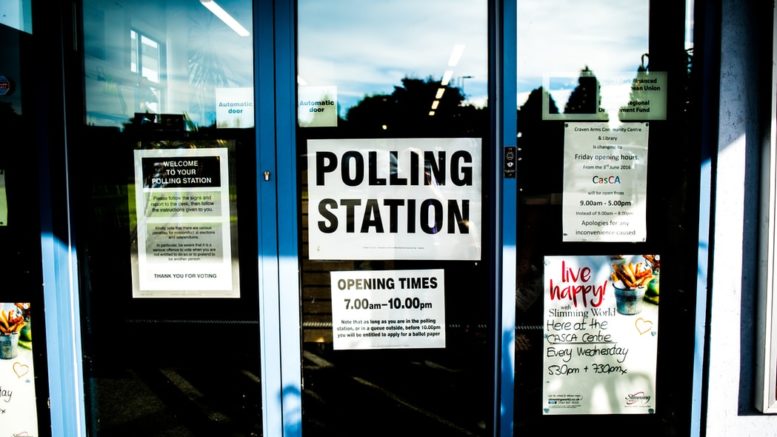By Jess Zsiga
In January 2020, Florida passed an amendment to the state constitution, restoring the voting rights of convicted felons. This action was passed through a ballot measure last year and reinstated the voting rights of more than one million people in the state. Or at least, it was supposed to.
The state government has since been facing increasing hurdles to get these Floridians reinstated as voting citizens. Florida governor Ron DeSantis has signed off on implementing bill SB 7066 which will only reinstate that right to past felons who have paid “all restitution, fines, fees, or outstanding costs associated with the conviction” to the courts. Many people have likened this action to a poll tax, or a fee to vote, which has major negative racial connotations throughout US history. The intersectionality of this in regard to the proportion of African Americans in Florida prisons under felony charges has raised some serious, and warranted, concerns in the state legislature.
“The idea that paying restitution to someone is the equivalent to a tax is totally wrong,” DeSantis told the Tampa Bay Times in May 2019. “The only reason you’re paying restitution is because you were convicted of a felony.”
Amendment 4 was passed with 65 percent of the vote on November 6, 2018 and restored civil rights to felons in the state of Florida who have served their sentences, except for those imprisoned for sex offense or murder charges. This re-enfranchisement accounts for an estimated 1.4 million people throughout the state, making it the largest voting rights expansion since women’s suffrage in 1920. In the same election DeSantis narrowly won the Republican party a seat in the governor’s office by a margin of only 0.4 percent. As a result, many were less than shocked that the new GOP legislature began working immediately to stifle the impact of the passed amendment out of concern that these re-enfranchised voters may contribute to a stronger liberal turnout at voting polls in the future.
With the impeding bill in place, prosecutors must now find a path around additional restrictions to enact amendment four voted for by the residents of Florida. Attorneys working throughout the state are seeking to modify felons’ sentences to exchange steep court fees for community service time. Many court fees are mandated by the Florida legislature, which results in many of the accused shuffling through the courts funding them. If felons are delayed in paying their court fees, costs may increase from hundreds to thousands leading to driver’s license suspension, additional time served and now endangered voting rights.
As fees frequently run unpaid, it’s likely that many felons will remain unable to exercise their right once their sentence has been served, and as the fines are state-mandated, there is little room for interest adjustment through local courts. The trouble is, as the state nears the 2020 election nearly two years after the state voted on the passage of Amendment 4, many re-enfranchised individuals which have been added to the voter roll may not in fact be able to cast their vote on November 3rd due to outstanding fines which had not been correctly applied to their court records.
Georgetown Law conducted a study showing that only approximately 8 percent of Floridians with felony charges have registered to vote following the introduction of Amendment 4 last January. While this number is low in comparison to the rate of re-enfranchised voters in other states, there is great concern regarding how the state will be able to determine who owes fines, suggesting lacking organization of the information.
Voter rolls are likely to show that despite being registered, many of those who have been re-enfranchised will be barred from casting their vote due to outstanding court fees which have not been properly added to personal records. Such disarray in the voter rolls undercuts the purpose of the 2018 vote. This is likely to lead to an interesting presidential race in Florida, in a national election cycle that has been weighed heavy with suppression tactics.



Be the first to comment on "Lock up the vote: Voter suppression in Florida"